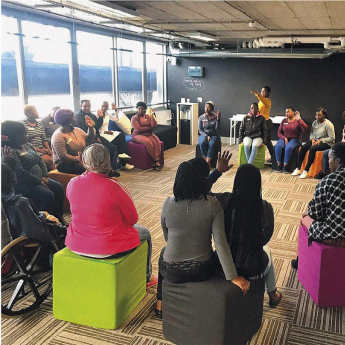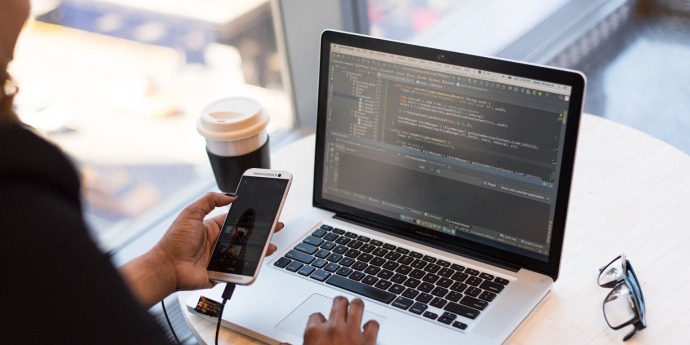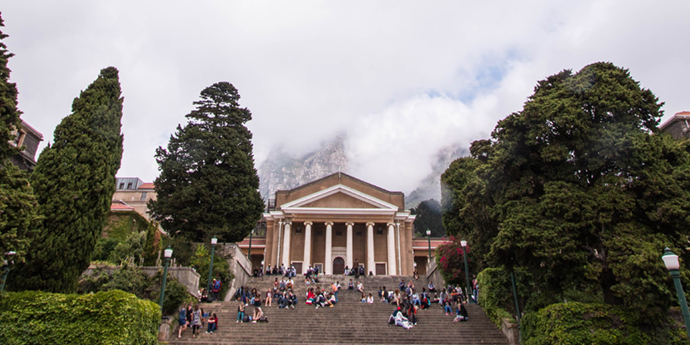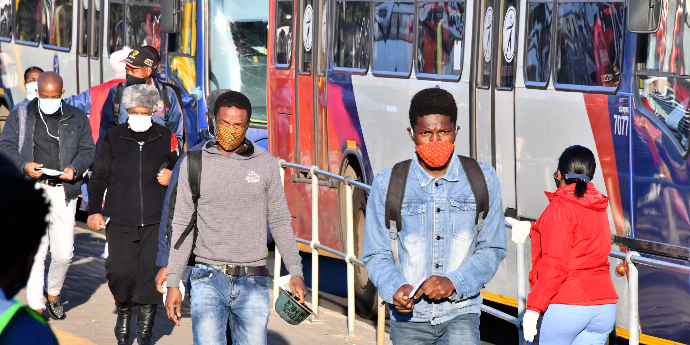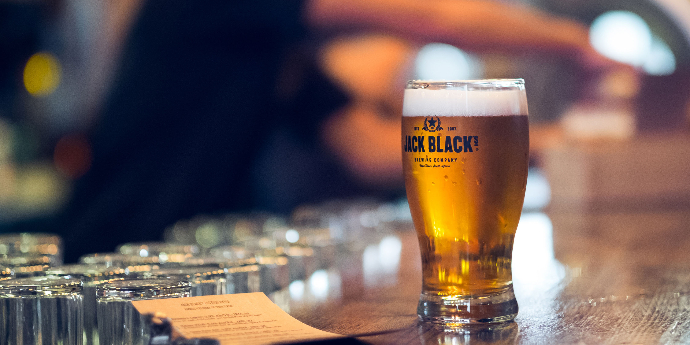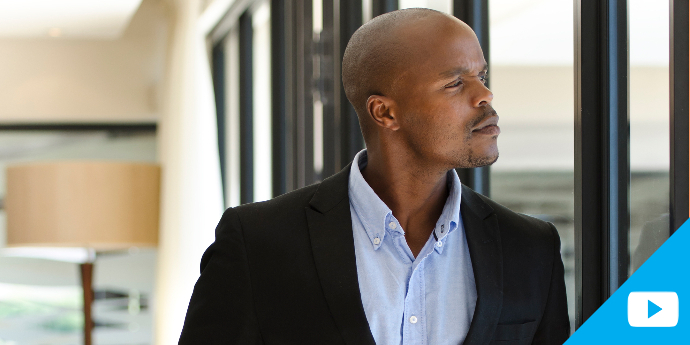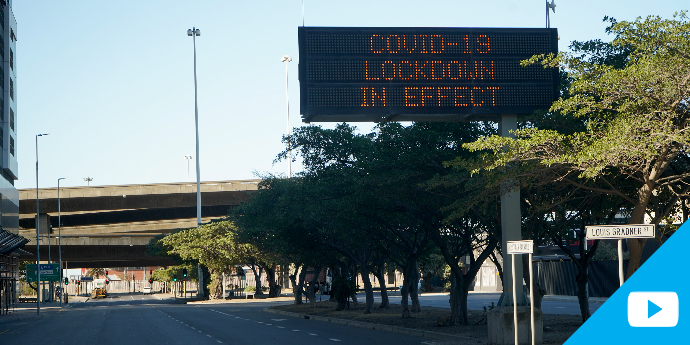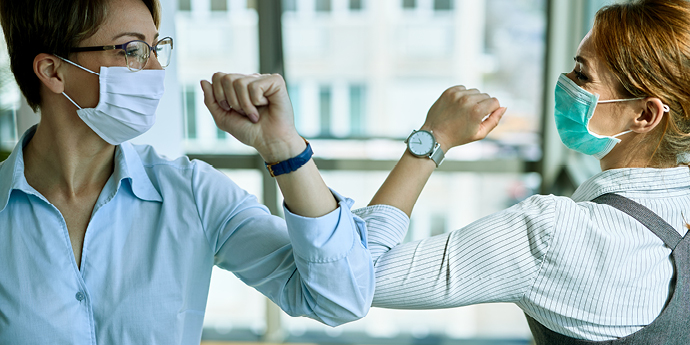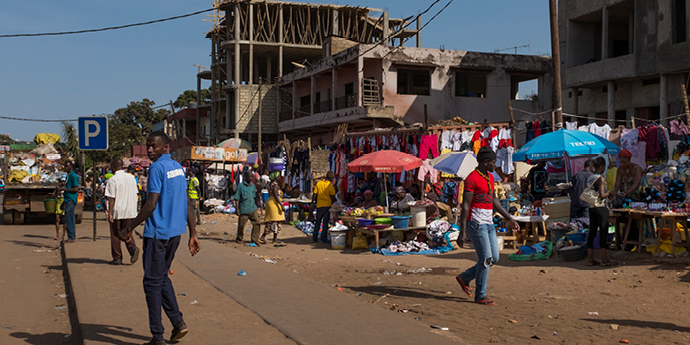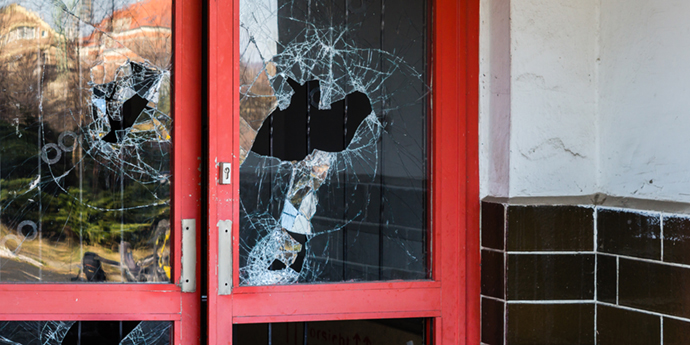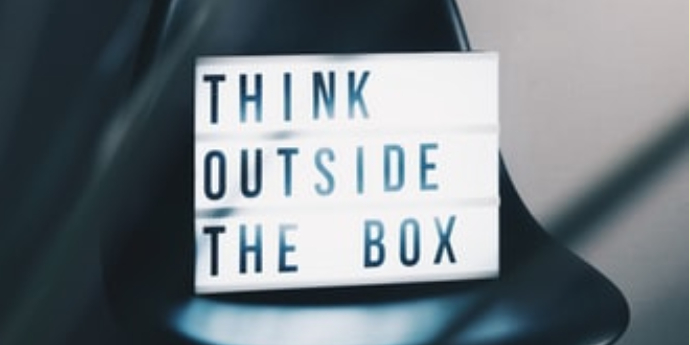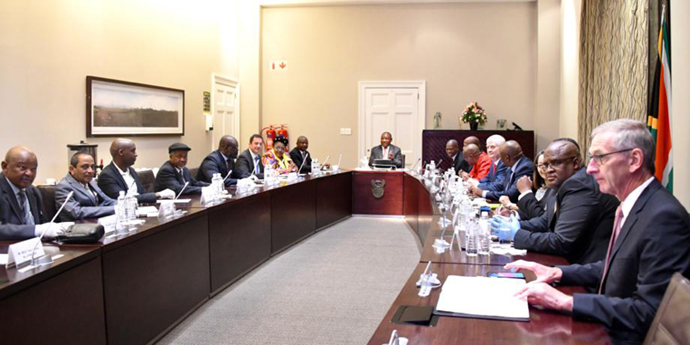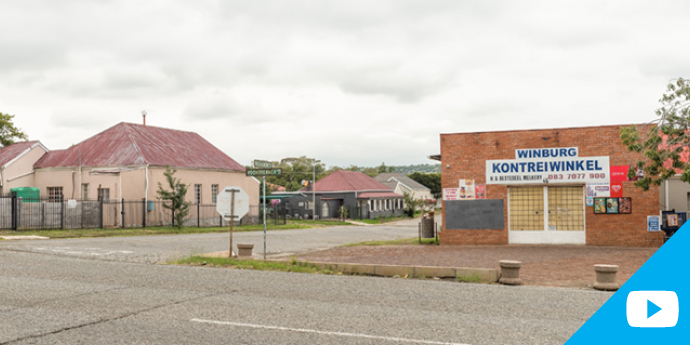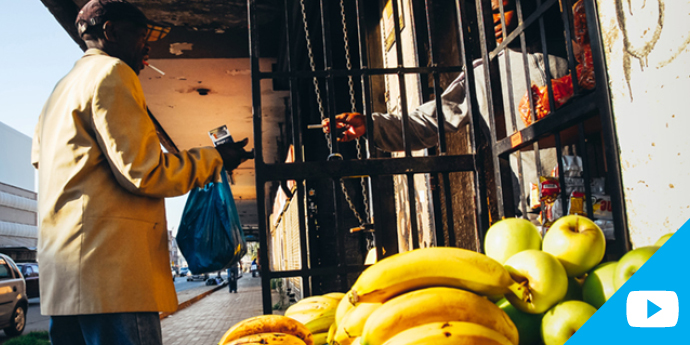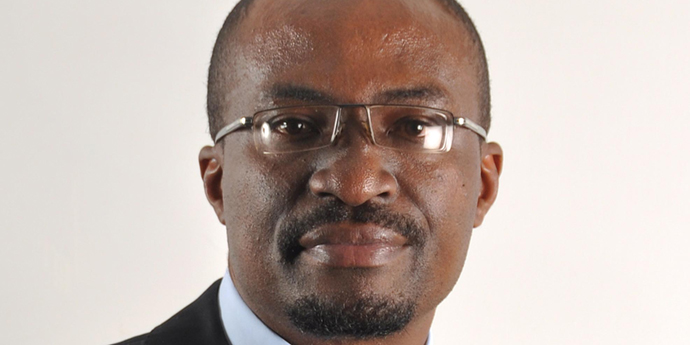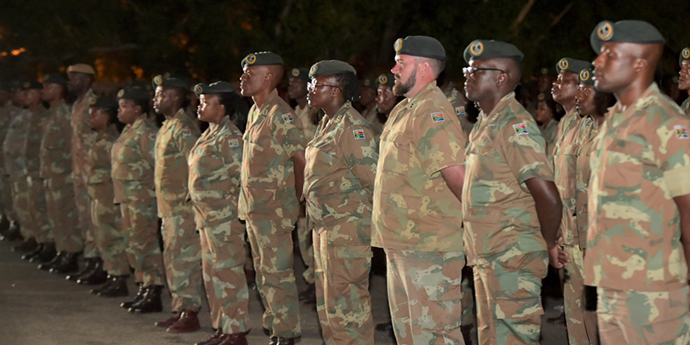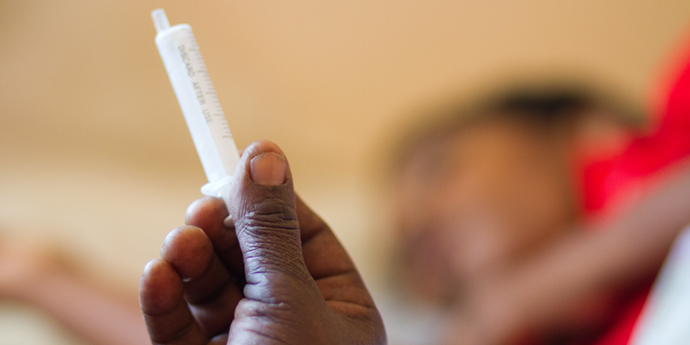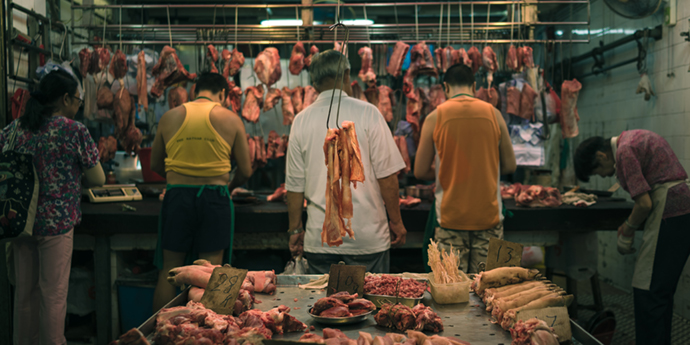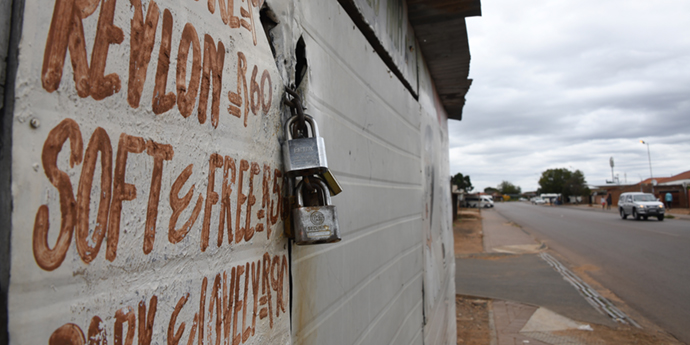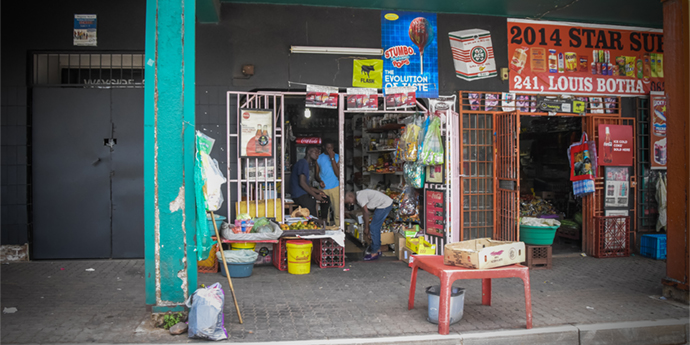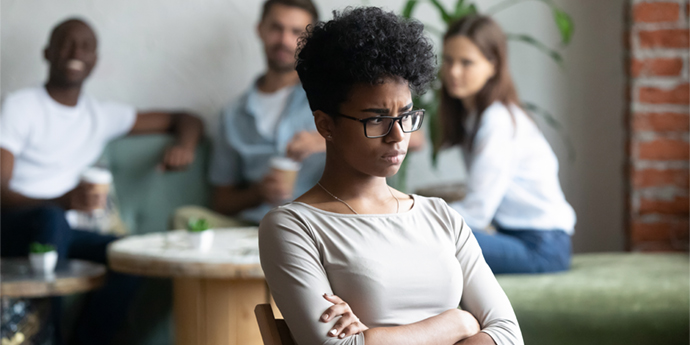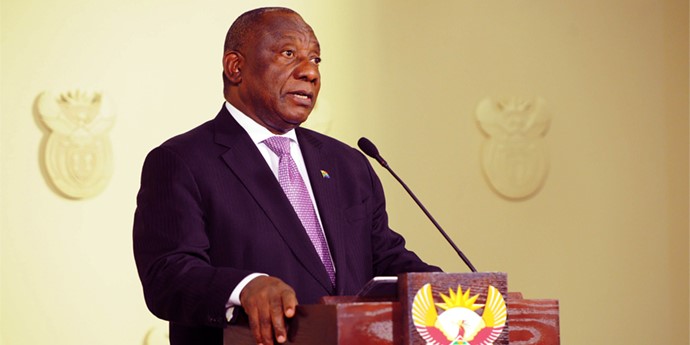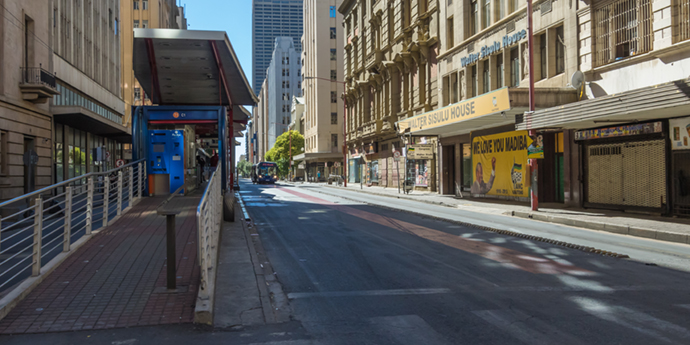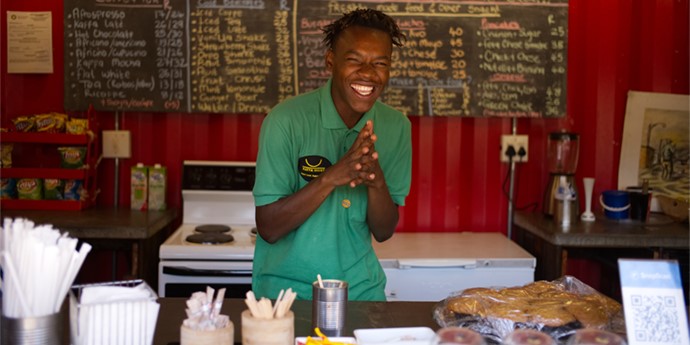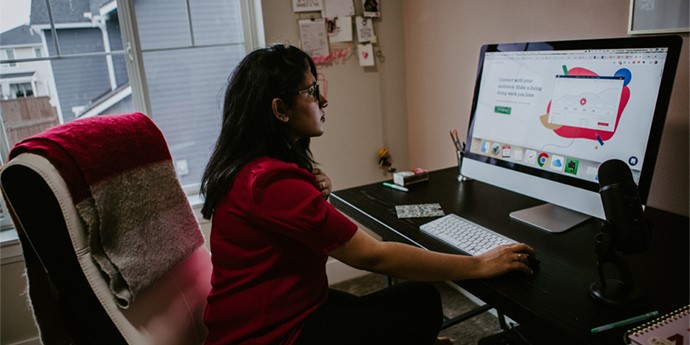The 2018 death of 38-year-old rapper Jabulani Tsambo – aka Hip Hop Pantsula – has been identified by some as a watershed moment for black South Africa. It presented the community with an opportunity to talk candidly about mental illness and the harm that it has silently, wreaked on its youth.
Tsambo had acknowledged that he had struggled with depression since his teens, and had tried to take his life three times before. The performer had been praised for talking so publicly about his mental health, particularly in the face of the stigma associated with mental illness among black communities.
In a pointed opinion piece, a young student drew comparisons between Tsambo’s death and the pressures facing black university students to succeed, especially as many are the first in their families to get a chance to attend university. That burden of expectation is but one heavy strain on the mental health of young men and women. For that, we have to thank the socioeconomic legacy of apartheid and ongoing inequality.
The onslaught on the mental health of South Africa’s youth
Research shows – and we have seen this in our own work with black youth in communities around Cape Town – that young South Africans of colour face a daily onslaught on their mental health. Anxiety disorders, linked to poverty and violence, are pervasive in low-income communities. With a sense that they are denied opportunities, they feel alienated from the economically active parts of South Africa, resulting in anger.
On top of this, the spectre of crime looms large in South African psyches. Regular or multiple exposure to crime and violence – common for a young child in a gang-ridden community – takes its toll on one’s mental health.
Increasingly we are beginning to understand the scale of mental illness in South Africa. Research has shown that as many as 30% and 17% respectively, of adults meet the criteria for a lifetime and past-year mental disorder – in South Africa, unfortunately, there are still gaps in our understanding on how pervasive mental disease is among youth. But we are learning. For instance, some studies suggest that as many as 70% of at-risk youth are not getting the help they need. It is also worrying that about one in every ten teen deaths in South Africa is the result of suicide. In the 15-24 age group, suicide is said to be the second leading and “fastest growing” cause of death.
And now COVID
Anger and a sense of powerlessness – both linked with depression – have surged amid the COVID-19 pandemic. There are justified concerns that the effects of lockdowns on education and unemployment among youth will increase depression and anxiety, further thwarting their chances of escaping poverty. Studies show that vulnerable groups such as women, black Africans, youth, and those with less education have disproportionately borne the brunt of lockdowns. Millions of children without access to smartphones, laptops and the internet struggled to keep up with their education.
It’s been reported that symptoms of anxiety and depression have risen dramatically among the youth. The National Income Dynamics Study-Coronavirus Rapid Mobile Survey (NIDS-CRAM) found a significant increase in symptoms for depression over 2020 and into 2021. In one online survey, 72% of nearly 5,700 respondents were found to have depressive symptoms. Over half of young people participating in a UNICEF South Africa U-Report survey reported feeling anxious about the impact of COVID-19 on the levels of violence and poverty in the country.
What is to be done?
As much as treatment facilities are in short supply for adults, even fewer are targeted for youths. The price tag that we as a society will pay, should we fail to intervene at this crucial stage of their lives, will be magnified further down the line. In financial terms, it will increase the burden on an already overstretched public health system. But there are other societal costs: our fragile democracy, so dependent on the buy-in of youth, will be under greater threat.
In the Philippi Youth Changemakers Programme of the University of Cape Town Graduate School of Business (UCT GSB) and the many youth and school-level interventions of the Youth and After-School Programme Office (YASPO) of the Western Cape Department of Cultural Affairs and Sport, we have witnessed what educators have probably known for eons: you can’t teach anyone who is ridden with anxiety or struggling with mental illness. Many interventions are called for, but three core fundamentals will be needed across initiatives.
First, we need greater collaboration and partnerships, allowing for integrated approaches and the sharing of resources and knowledge. The Bertha Centre for Social Innovation and Entrepreneurship at the UCT GSB, is looking to launch a Psychosocial Support Advocacy Campaign, starting in November 2021, which is designed to do exactly that – draw on the expertise and capacity of different players in this arena to have the broadest and most cohesive possible impact.
Second, we must create a ‘wellbeing ecosystem’ around those in need in communities. This involves mapping out and integrating the capacities and services that already exist – as in schools, clinics or even the local police station – and determining the barriers to accessing essential services. One example of a wellbeing eco-system is the Western Cape YearBeyond Programme, which offers all youth on the programme access to wellbeing support. To meet the needs of these youth an intentional ecosystem of support has been developed leveraging the services of government, NGOs and private sector CSI to provide wellbeing services. Initially take-up was slow due to attitudes towards accessing help but with training and advocacy take-up has improved. This model of support provides lessons around integrating a system of wellbeing support into existing programmes and the need to couple services with information, training and advocacy.
And finally, we should tap into the digital opportunities that COVID has accelerated. Over the past year we have seen an increase in services like healthcare providers, psychologists, and counsellors going online. At the same time, we must make better use of existing social media platforms to create greater awareness around mental health, leveraging the tools that young people regularly access.
We find ourselves in a moment where mental disease is losing some of its stigma. Hearing young black women like tennis star Naomi Osaka and Olympic gymnast Simone Biles speak so openly about their struggles with mental health is a new watershed moment for black communities, and for mental health in general. It opens valuable space to talk about a topic that for too long has been concealed and buried in shame. For the sake of our young people and our country, we must leverage such voices and moments.
Luvuyo Maseko is project manager for the Youth Innovation Portfolio within the Bertha Centre at the University of Cape Town Graduate School of Business. Wayde Groep is Capacity Building and Knowledge Manager in the Youth and After School Programme Office, Department of Cultural Affairs and Sport, Western Cape Government.

